
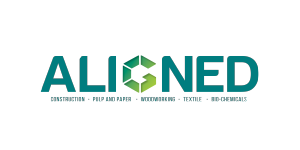
ALIGNED
ALIGNED will collaborate with industries and representatives from five bio-based sectors: Construction, woodworking, textile, pulp and paper, and bio-chemicals to harmonize and advance the scientific use of Life Cycle Assessment (LCA) in the bio-based sector. The models and tools developed in ALIGNED will allow to perform high-quality assessment studies across the bio-based sectors, with industrial relevance and interoperability.
The ALIGNED project has the following objectives:
Improve, harmonize, and align LCA methodology for the assessment of bio-based industries. Demonstrate the power of the methodology to improve the environmental performance of five specific biobased technologies. Inform, involve, and empower all relevant stakeholders, enabling an efficient methodological uptake.
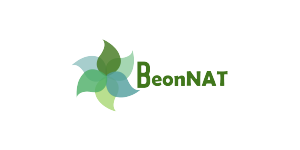
BeonNat
BeonNat: Innovative Value Chains from Tree & Shrub Species grown in marginal Lands as a Source of Biomass for Bio-based Industries
BeonNAT is a project that aims to develop innovative products from underutilised plant biomass as feedstock for the bio-based industry. The fed biomass will be derived from shrubs, trees and other woody species. The scope of the project ranges from the cultivation and harvesting of selected species, to the extraction and purification of oils and vegetable extracts, paper manufacturing, biochar and active carbon production, among others.
BeonNAT will estimate the basic aspects of the value chain, selecting the most adequate species for different EU countries. It proposes a concept that includes mixed cultivation of selected species using the coppice management systems. BeonNAT will produce eight bioproducts whose tests and related biorefinery processes will be performed in different countries. The project will also estimate the production’s economic, social and environmental impacts.
This project has been funded by the Bio-based Joint Undertaking (BBI-JU, now known as CBE-JU) and the Bio-based industries consortium (BIC) under the Horizon 2020 programme with the Grant Agreement nr 887917. The consortium is composed by 16 partners from 7 countries and will last for 60 months, until June 2025.
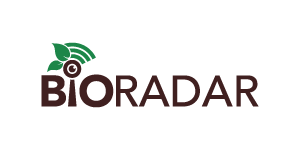
BIORADAR
BIORADAR: Monitoring system of the environmental and social sustainability and circularity of industrial bio-based systems
The BIORADAR Projecta aims to help organisations, policymakers and investors have the necessary information to step towards a more sustainable, bio-based economic model by taking a system perspective to fill the indicator gaps in material circularity and evaluating the environmental and social impacts of industrial bio-based systems by developing digital monitoring tools that will provide benchmarks and a self-assessment platform for bio-based industries.
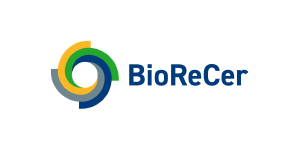
BioReCer
BioReCer aims to ensure the environmental performance and traceability of the biological feedstock used by the bio-based industries, deploying guidelines to strengthen the current certification schemes. Within this approach, the added value, the use, as well as social acceptance of bioproducts will be increased. To fulfil this goal, BioReCer is structured in three main technological pillars: i) to develop a multidimensional assessment framework for the biological feedstocks and their associated supply chains; ii) to create a BioReCer Innovation Ecosystem Living-Lab with a multi-agent approach, testing the framework in four bio-based systems supply chain case studies; and iii) to use all this knowledge to complement current certification schemes including new criteria for certifying the sustainability, origin and traceability of biological resources, and ensuring applicability in the EU and globally. The project involves 16 partners from 7 countries.
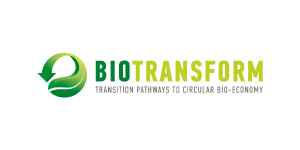
BIOTRANSFORM
BIOTRANSFORM is a project focused on aiding European policymakers in shifting from linear fossil-based systems to circular bio-based systems. It provides a framework, knowledge base, and expert support system for this transition. The project is at the intersection of circular economy and bioeconomy transitions and will test its tools with European policymakers. It does this by developing and testing its framework through a multi-actor approach across six regional cases: Andalusia (Spain), Northern Burgenland (Austria), Western Macedonia (Greece), Finland, Charles Spa Region (Czech Republic), and North Rhine-Westphalia (Germany). These cases encompass critical industries and transition scenarios in Europe, including forestry, agri-food, lake ecosystems, lignite and minerals, and chemicals. The project will create action roadmaps tailored to each region’s available resources, infrastructure, conversion pathways, logistics, policies, strategies, and financial access.
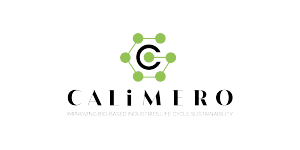
CALIMERO
CALIMERO: Industry Case Studies Analysis to Improve Environmental Performance and Sustainability of Bio-based Industrial Procedures
CALIMERO is a project funded by the European Union, whose goal is to improve current Life Cycle Sustainability Assessment (LCSA) methodologies of certain sectors from bio-based industries to identify and tackle most relevant sources of pollution. Current methods lack of
some important factors which will be taken into account in order to have a broader picture of bio-based industries’ sustainability performance. Improving current methodologies, then, is key towards finding greener and more sustainable solutions.
The presence of bio-based industries from the construction, woodworking, textile, pulp & paper and biochemicals sectors in the consortium provides a valuable perspective of the industries’ needs towards sustainability. With them committed to this frame, it is possible to reduce environmental impacts by identifying the main sources of pollutants and analysing potential feasible solutions,
considering additionally economic and social dimensions.
CALIMERO has been funded by the European Research Executive Agency the Horizon Europe programme with the Grant Agreement nr 101060546. The consortium is composed by 12 partners from 7 countries and will last for 36 months, until June 2025.
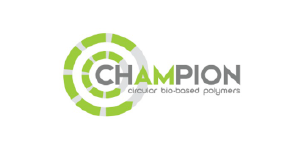
Champion
The objective of the CHAMPION project is to replace these existing materials with bio-based polymers – based on the aza-Michael addition reaction – that are suitable for high-performance applications. The applications will include coatings, textiles, home care formulation, and structural adhesives. Examples of uses would include kitchen counter coatings, car interior surfaces, laundry detergent and adhesives for industrial composites. The new materials will perform as well as, or better than, existing polymers from non-renewable sources while being circular by design. This will make them superior to current materials by ensuring that they are biodegradable and/or suitable for recycling. Testing of the new polymers with the desired functionality and sustainability characteristics is well underway, the project will end in May 2024.
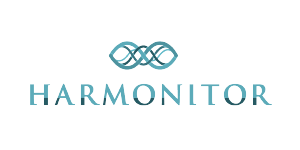
HARMONITOR
HARMONITOR aims to improve the effectiveness of certification schemes and labels in different sectors of the EU Bioeconomy and strengthen their use as a co-regulation instrument. HARMONITOR’s goal is to promote and contribute to better quality and more trustable certification schemes and labels available in the market. The HARMONITOR project will also establish and test a participative review platform concept that allows certification schemes and labels to find commonalities and cooperation when operating in bio-based value chains within and across EU borders. EU policy makers will also be invited to use and support the concept platform.
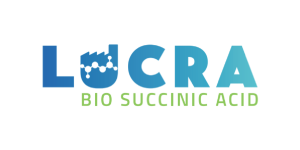
LUCRA
LUCRA aims to demonstrate a unique process to convert underutilised organic fraction of municipal solid waste (OFMSW) and wood waste into bio-based succinic acid. The project is set to provide the bio-based industry with a sustainable and cost-effective solution that meets the increasing demand for this versatile platform chemical in the food, pharmaceutical, cosmetic, and chemical industries.
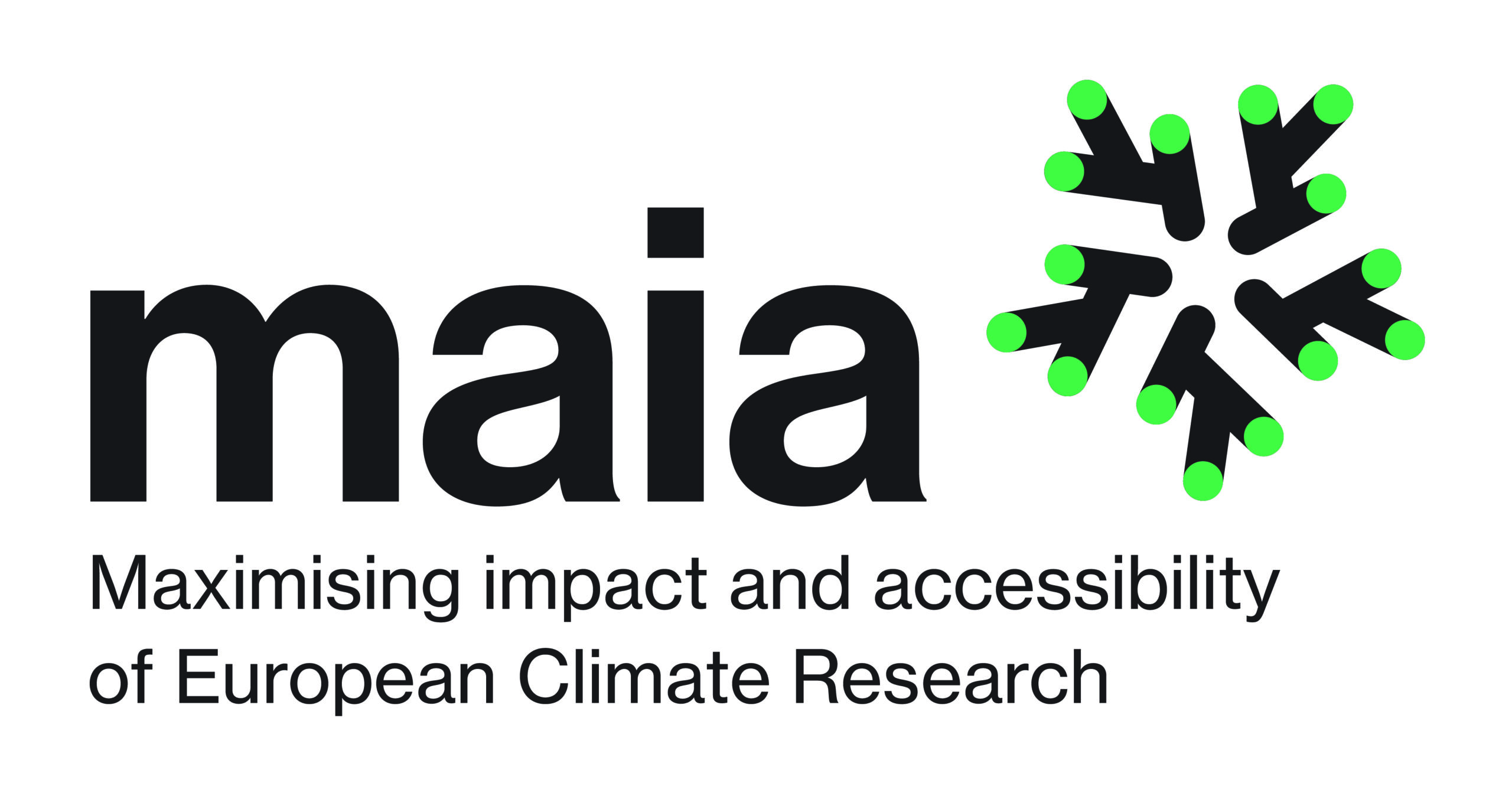
MAIA
The MAIA project aims to create synergies and interconnections among completed and ongoing EU climate change research projects, maximise climate change communication impact, supporting the projects in making their communication on climate change more accessible, providing measures that facilitate wider dissemination of their results, organising activities, working groups, webinars, policy round tables, articles, media content to reach very different audiences etc.
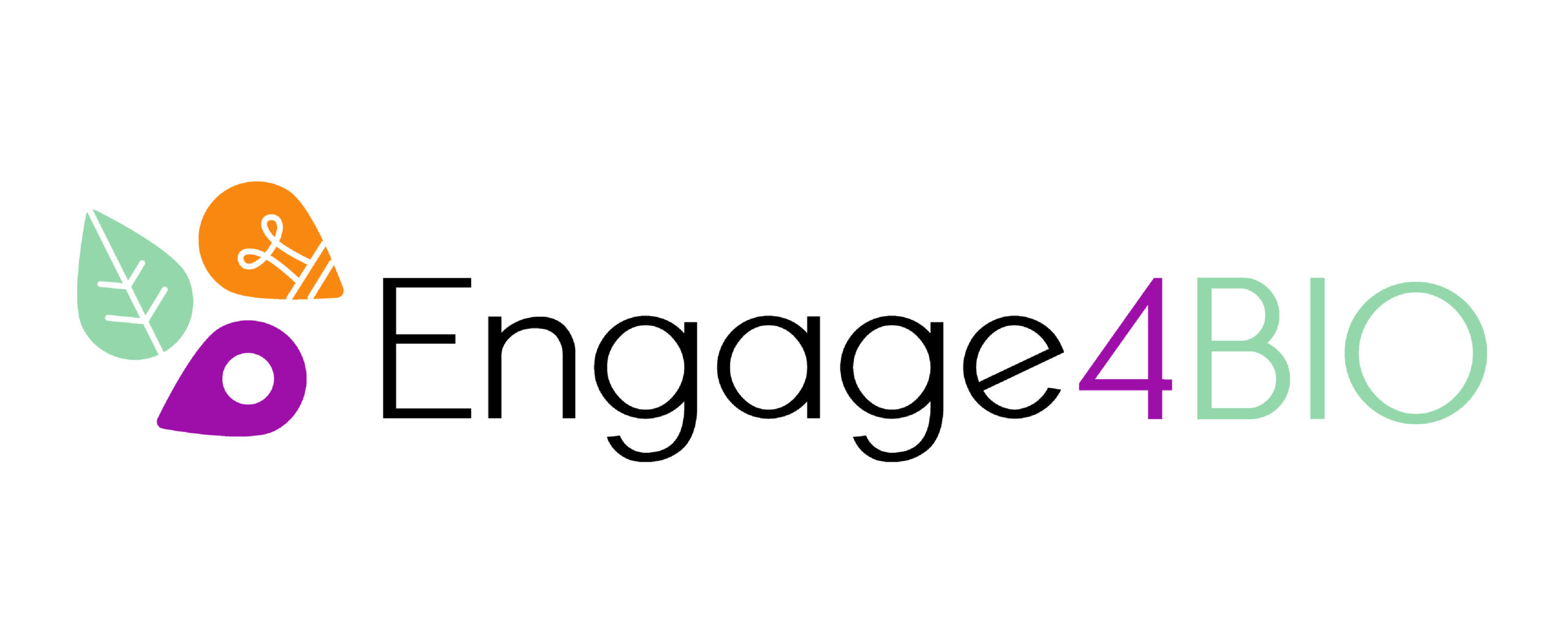
Engage4Bio
Engage4BIO will strengthen circular, sustainable bioeconomy and sustainable regional development through engaging quadruple helix actors – taking into account their diversity of societal, economic and cultural perspectives, in five regional bio-based systems (hubs) in processes of design thinking, co-creation, (re)training and skills development.
The hubs focus on five major value chains, namely circular and bio-based textiles (NL), agriculture and agro-food industries (HU), wood and interior (AT), bio-based and sustainable packaging (FI) and blue bioeconomy (IT). At the same time, the inclusion of art and design the activities are targeting to a) strengthen local governance feedback loops and respective governance models, b) design thinking and co-create formats for training, retraining, mentoring and skills development fostering understanding and engagement in bio-based systems c) co-create communication and awareness campaigns. The outcome will be captured within a bioeconomy development framework transferrable to European regions.
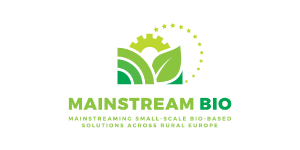
MainstreamBIO
The main advantage of the bioeconomy is its potential to reduce dependence on fossil fuels and promote renewable energies. The EU-funded MainstreamBIO project will introduce small-scale bio-based solutions into mainstream practice across rural Europe, stimulating the participation of a wider range of rural actors in the development of the bioeconomy. MainstreamBIO starts with regional multi-actor innovation platforms in Poland, Denmark, Sweden, Bulgaria, Spain, Ireland and the Netherlands to increase cooperation among pivotal rural players to co-create sustainable business models in line with regional potentials and policy initiatives. The project will also develop and employ a digital toolkit to better integrate small-scale bio-based technologies, tailored business and technical support services, social innovations and good nutrient recycling practices with existing biomass and market trends.
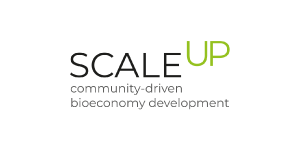
ScaleUP
The SCALE-UP project will support regional multi-actor partnerships, consisting of private businesses, governments and policymakers, civil society organisations, and researchers in identifying and scaling-up innovative and sustainable bio-based value chains that build on regional resources.
Goals:
- Increased capacity of regional multi-actor partnerships to accelerate the development of marketable bio-based products and services.
- Strengthened collaboration between primary producers, SMEs, clusters, social actors, and policymakers.
- Improved knowledge about nutrient recycling potentials in regional bioeconomies.
- High level of awareness and understanding of the bioeconomy and its impacts on local communities.
- Promotion of a sustainable, inclusive and just regional bioeconomy.
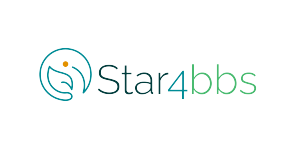
Star4bbs
STAR4BBS: Sustainability Transition Assessment Rules for Bio-Based Systems. The overall aim of STAR4BBS is to maximize the potential of Sustainability Certification Schemes (SCS) and labels to support a successful transition to a sustainable bio-based economy. STAR4BBS will develop indicators and a new monitoring system for assessing the effectiveness and robustness of existing international and EU SCS, B2B labels, and related traceability systems applicable to biological feedstock and bio-based materials and products. The project started with gaining a precise picture of existing sustainability certification schemes and labels and gathering specific global trade data and information on volumes of biological feedstock and bio-based materials and products. STAR4BBS will develop and disseminate findings and recommendations to promote the adoption of effective and robust SCSs and labels by different categories of stakeholders. The consortium is composed of 11 institutions, with experts from different fields, from across Europe with expertise in areas such as bioeconomy, sustainable production, social and environmental sustainability, and certification and labeling schemes.
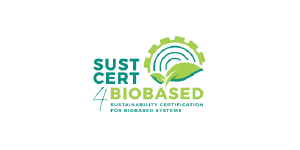
SUSTCERT4BIOBASED
SUSTCERT4BIOBASED is a 3-year EU – funded project that aims to assess and promote the adoption of sustainability certification schemes and labels for industrial biobased systems to support tracing the sustainability of the products along the EU and international value chains and trades.
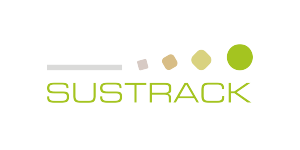
SUSTRACK
The transition from linear fossil-based systems to circular and bio-based systems represents an opportunity and a suitable pathway for achieving several SDGs. Indeed, circular bio-based systems depict a great opportunity to reconcile sustainable long-term growth with environmental protection through the prudent use of renewable resources for industrial purposes. This needed transition is a complex process, which does not simply require innovative technologies from the supply-side, but also societal transformations based on a multi-actor process. The circular bioeconomy meta-sector may be a good candidate to put forward a new economic model, which requires transformative policies, purposeful innovation, access to finance, risk-taking capacity as well as new and sustainable business models and markets. However, a critical assessment of the environmental, social and economic impacts of the current linear fossil-based economy, as well as of the improvement potential associated with circular bio-based systems, is needed to underpin the identification of policy priorities. Bearing this in mind, SUSTRACK is a three-year project aimed at supporting policymakers in their efforts to develop sustainable pathways to replace fossil and carbon-intensive systems with sustainable circular and bio-based systems (at the EU and regional scale), contributing to achieving the European Green Deal’s objectives.
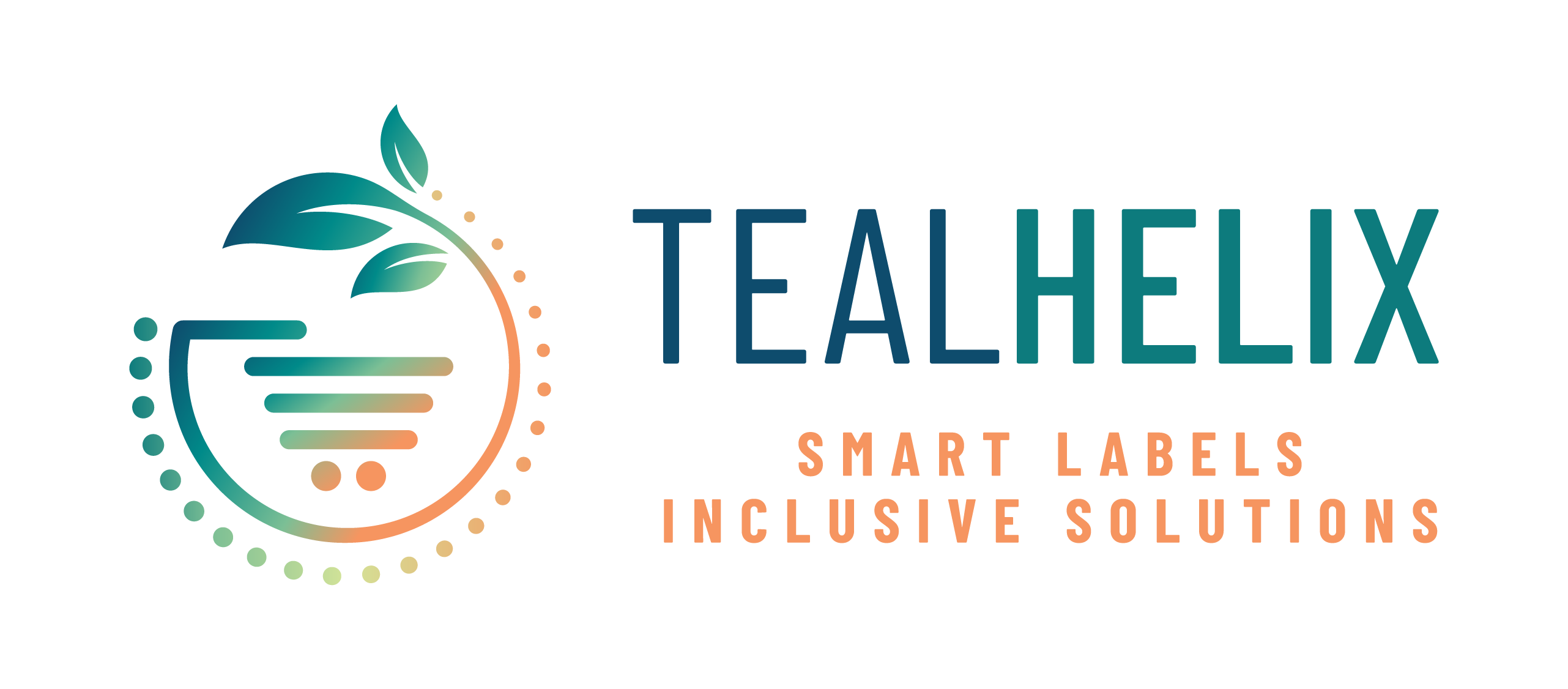
TEALHELIX
TealHelix aims to empower consumers with personalised and inclusive labelling approaches to food sustainability. By using motivational matching, the project develops labelling strategies and digital innovations to address consumer resistance and promote informed decision-making. We will test traditional, digital, and smart labelling in retail and online settings in six pilot countries (Germany, Lithuania, Latvia, Estonia, Greece, and Poland), while establishing integrity guidelines and industry standards. Leveraging interdisciplinary expertise, big data, and AI tools, it aims to promote sustainable food choices and engage diverse consumers effectively.

